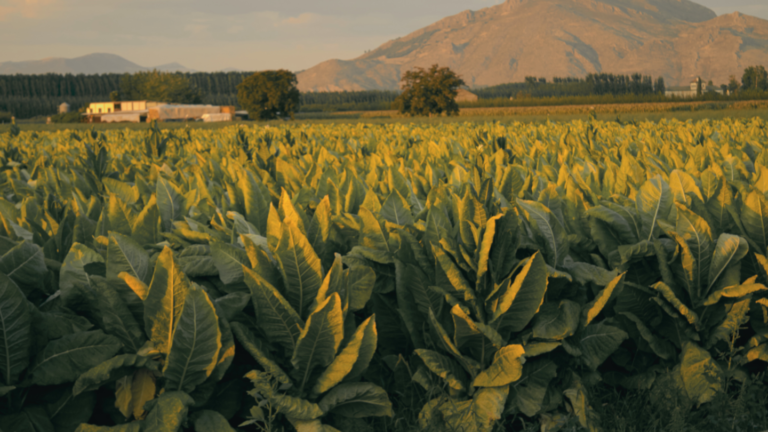21 June 2023, 10:39
Victorian Legislative Council, Melbourne
Rachel PAYNE (South-Eastern Metropolitan):
I rise as part of this debate to speak to the Appropriation (2023–2024) Bill 2023 on behalf of Legalise Cannabis Victoria. We acknowledge the difficult task of delivering a balanced budget post the COVID pandemic, and we are greatly supportive of the equitable approach adopted in this bill. As it is a supply bill, it is not something we would be minded to interfere with on principle.
Despite a notable tightening of the belt, I am particularly pleased to see that our calls to fund the $500,000 U-Turn program were heeded.
The intersection between family violence and alcohol and other drugs, which this intervention program addresses, is important work to help change the attitudes and behaviours of men experiencing substance misuse issues who have used violence. We are also very pleased to see that this budget takes harm reduction seriously. It makes important Drug Court advancements and provides essential funding for drug and alcohol treatment programs. This includes a $500 million investment into drug treatment and rehabilitation services, 84 new alcohol and other drug trainees and a $10 million pharmacotherapy crisis package to expand specialist clinics.
As an issue close to my heart, or more accurately close to my uterus, it was great to see the budget include funding for 10,800 additional laparoscopies to help treat endometriosis. This often debilitating condition affects one in nine women and has been misunderstood and underdiagnosed for far too long. I have previously spoken in this chamber on the government’s announcement of $58 million for 20 new comprehensive women’s health clinics and a dedicated Aboriginal-led women’s clinic. Both announcements are incredibly worthwhile and important reforms to address the gendered inequalities of our health system and to improve the experiences of women and girls of all walks of life.
I acknowledge also the $6 million commitment to anti-vilification campaigns to counter discrimination and prejudice against Victoria’s Jewish and Islamic communities. This comes at a time when we have seen shocking scenes of Neo-Nazi hate groups in Victoria and on the steps of our Parliament. Clearly this kind of support for anti-vilification is urgently needed, and I hope it extends to LGBTIQ+-directed hate speech. We acknowledge the further work the Victorian government is doing in the area with their commitment to extend anti-vilification laws to protect members of the LGBTIQ+ community. However, the 18-month time line for these laws foreshadowed by the Attorney-General is a very long wait in the face of escalating violence faced by our Victorian LGBTIQ+ community. I acknowledge the Attorney has got a big job ahead of her. Our community is being attacked by extremist hate groups, including in my own electorate, where council-endorsed family and community events have been targeted. This terrifying vilification continues to escalate further and further, and we need to stand up against it.
It would be remiss of me if I failed to take the opportunity to mention the role that industrial hemp could play in Victoria’s budget if we gave it the chance. In this budget we saw the government commit to accelerate the end of native logging and provide financial support to ensure workers in the industry are reskilled for future work opportunities. We commend them for this, but as my colleague David Ettershank rightly pointed out in the last sitting week, this industrial transition raises the question of how we now fulfil the demand for wood, fibre and paper products. This is where industrial hemp could be the answer. It is a sustainable alternative for the building materials and paper products we will continue to need, and it will provide numerous long-term jobs for workers affected by the end of the logging industry. We look forward to the work of the parliamentary inquiry into industrial hemp, and it is our hope that this will lead to industrial hemp being a major player in the state budget’s future.
The great missed opportunity, from my perspective – you might be shocked – relates to cannabis. Victoria spends millions of dollars every year criminalising cannabis. That is taxpayer money wasted on policing, in the criminal justice system and in punishment. It limits the opportunities of Victorians to contribute to our economy by burdening them with criminal records. When we criminalise cannabis, criminal organisations become best positioned to make millions of dollars in the cultivation and sale of cannabis in Victoria instead of funnelling those funds through a regulated market. Lawful cannabis could save Victorians hundreds of millions of dollars every year. It would create thousands of secure jobs and reduce unnecessary law-enforcement costs.
With those comments made, we acknowledge the context of this bill in addressing the needs of a post-COVID Victoria and confirm our support.
[ENDS]





